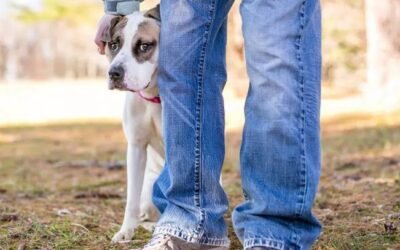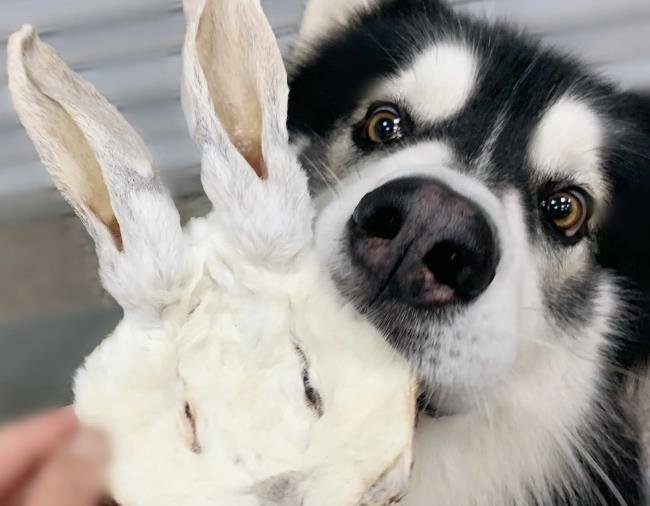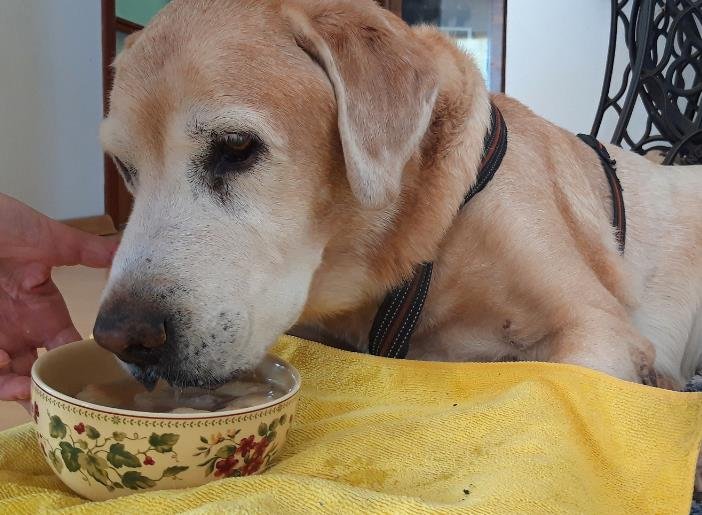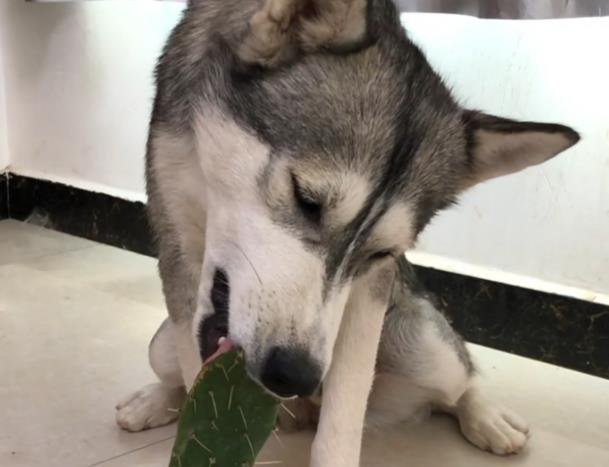Can Dogs Eat Rabbit Bones?
Many dog owners wonder about the safety of feeding rabbit bones to their pets. This comprehensive guide explores the topic in depth, providing essential information for pet owners to make informed decisions about their dogs’ diets.
1. Understanding Dog Nutrition
Dogs are omnivores, requiring a balanced diet of proteins, fats, carbohydrates, vitamins, and minerals. While commercial dog foods are formulated to meet these needs, some pet owners consider supplementing with natural options like bones.
Key nutritional components for dogs:
– Proteins: Essential for tissue growth and repair
– Fats: Provide energy and support nutrient absorption
– Carbohydrates: Offer quick energy and aid in digestion
– Vitamins and Minerals: Support various bodily functions
– Water: Crucial for overall health and hydration
2. The Role of Bones in a Dog’s Diet
Bones have traditionally been part of canine diets for two main reasons:
a) Nutritional Value:
– Source of minerals, especially calcium and phosphorus
– Marrow provides additional nutrients and fats
b) Dental Health:
– Chewing on bones can help reduce tartar buildup
– May contribute to overall oral hygiene
3. Rabbit Bones: Safe or Not?
The safety of rabbit bones for dogs depends on several factors:
a) Types of Rabbit Bones:
– Raw bones: Generally safer, softer, and less likely to splinter
– Cooked bones: More brittle and prone to splintering, posing higher risks
b) Benefits of Raw Rabbit Bones:
– Nutritional value: Rich in calcium and phosphorus
– Dental health: Can help clean teeth and freshen breath
– Mental stimulation: Satisfies natural chewing instincts
c) Potential Risks:
– Choking hazard
– Intestinal blockage or perforation
– Dental damage
– Nutritional imbalance if overused
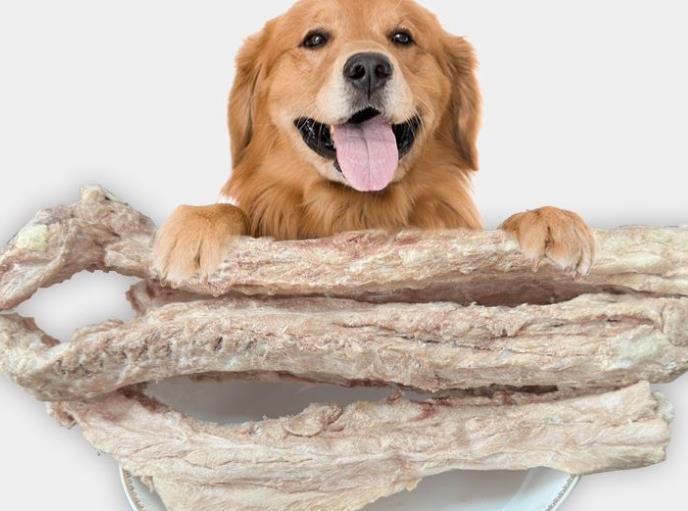
4. Preparing Rabbit Bones for Dogs
If you decide to feed rabbit bones to your dog, follow these guidelines:
a) Preparation Steps:
– Choose raw bones over cooked
– Select appropriate sizes for your dog’s breed
– Clean bones thoroughly
– Consider freezing bones before serving
b) Portion Sizes:
– Small breeds: Small rib bones or spinal sections
– Medium breeds: Larger leg bones
– Large breeds: Larger sections of spine or leg bones
5. Alternatives to Rabbit Bones
For those who prefer not to use rabbit bones, consider these alternatives:
a) Other Safe Bone Options:
– Commercially prepared raw bones
– Edible dental bones
– Synthetic chew toys
b) Nutritional Supplements and Treats:
– Bone meal supplements
– Joint supplements (glucosamine, chondroitin)
– Fish and fish bones (in moderation)
– Vegetable-based chews
6. Potential Health Concerns
Be aware of these potential issues when feeding bones to dogs:
a) Signs of Bone-Related Health Issues:
– Choking
– Gastrointestinal blockage
– Intestinal perforation
– Constipation
– Oral injuries
– Nutritional imbalances
b) When to Consult a Veterinarian:
– Immediate concerns: Choking, severe pain, sudden illness
– Chronic issues: Recurring constipation, oral injuries
– Preventative advice: Before introducing bones to the diet
7. Safe Bone-Feeding Practices
Follow these best practices when feeding bones to dogs:
a) Choose appropriate bones for your dog’s size and chewing strength
b) Always supervise bone-chewing sessions
c) Limit chewing time to 10-15 minutes per session
d) Introduce bones gradually to monitor for adverse reactions
e) Discard unfinished bones after one or two sessions
f) Regularly check for signs of dental wear or damage
8. Monitoring Your Dog’s Reaction
When introducing rabbit bones or any new food:
a) Observe behavioral changes
b) Check for digestive issues
c) Monitor dental health
d) Be alert to choking hazards
Conclusion:
While raw rabbit bones can offer nutritional benefits and dental health advantages for dogs, they also come with potential risks. The decision to include rabbit bones in a dog’s diet should be made carefully, considering the individual dog’s size, health status, and chewing habits. Always consult with a veterinarian before making significant changes to your dog’s diet. By following safe practices and closely monitoring your pet, you can help ensure that any dietary additions, including rabbit bones, contribute positively to your dog’s health and well-being.
